Children Who Feared Their Own Shadow
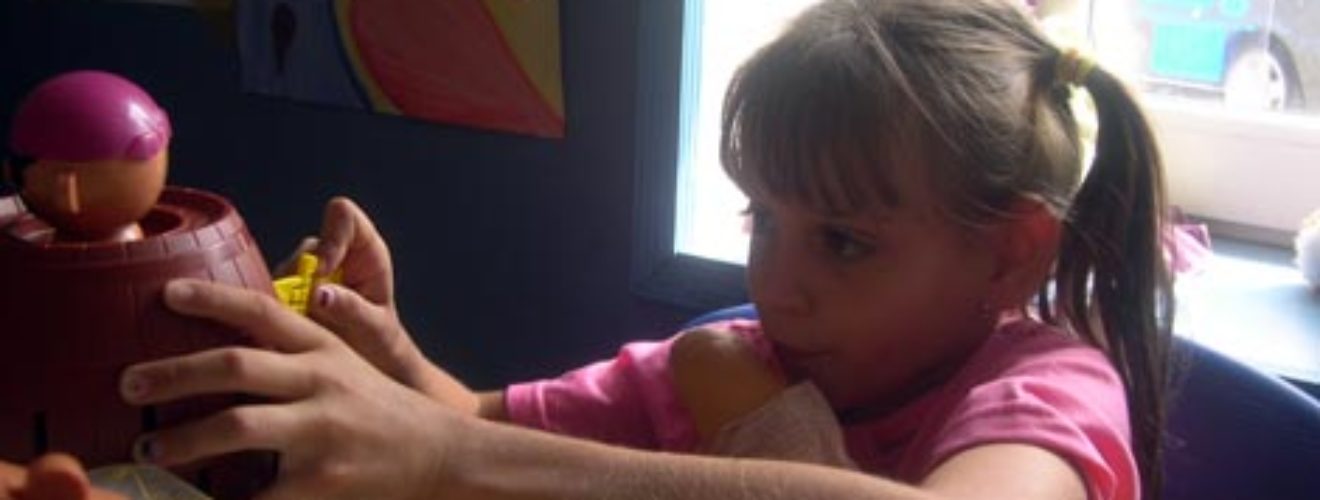
In Manastirec village, Families Foster Handicapped Children in Order to Survive. They come here frightened of people, life, and loneliness. Left by their parents, not being accepted by the environment, they press their lips tight, put their eyes down and secretly worry.
Manastirec village, located 17 kilometers from Makedonski Brod, does not differ in many things from other rural environments in Macedonia.

Dense vegetation in Porechje area and gurgling water, as well as dilapidated houses and a small number of population fighting to survive in these crude areas without means for survival, are part of the typical rural landscape. Only a stroll down the alleys of Manastirec village is enough to absorb the sad as well as the human story of the inhabitants of this village who seeking for a way out of poverty and solution for their children’s education, spend their time fostering and nursing children with heavy physical and mental handicaps.
Twenty-one children have been brought out of oblivion of social and health institutions and have the opportunity to feel the warmth from new families in Manastirec village. These little men who were abandoned by their families and relatives because of various mental and physical handicaps find children’s laughter, friends and life joy in this rural soul asylum. The state gives around 100 dollars a month for every child who is brought out of oblivion from social and health institutions. For people from Porech, this money means a way out from poverty, providing education for their biological children, marrying daughters, feeding the family.
“We help each other mutually – they help us and we help them”, say people who foster children. Abandoned children receive example for family and home, care and love and motherly nursing. Families in Manastirec village are both mother and father for them as well as brother and sister which they never had. In the village which is protectively surmounted by several-centuries-old-monastery “Sveta Bogorodica”, these children made their first steps, pronounced their first words and received their first kiss in the forehead and warm embrace. Being poor and suffering from hard rural life, poverty, and misery, the only thing that women who foster them can offer is attention and care.
“We neither have the luxury in our dilapidated houses nor richness, but at least we have harmony and love. We do not need anything else”, says Cveta Cvetkovska, who takes care of Gorde, a child sick of cerebral paralysis, Alalia and amnesia. Those are a diagnosis that I know, she has them all in her”, she whispers hugging the sick girl. This woman who had been working for many years in Makedonski Brod after her company collapsed, she returned to her native village where she has been taking care of children from Centres with special needs for six years now since this is the only way for her to provide survival for her sick husband and her three biological children.
It is difficult to look after a child with only 5.000 denars, but we manage somehow. This way we help children as well as ourselves” she says watching at the floor with tears in her eyes. “Otherwise what means for existence can we have behind these rocks? Children are the only rescue for us”, she adds quietly, fearing the cruel truth from her own words.
Hundred and twenty people live in the village. After a collapse of “Suvenir” from Samokov – the only factory in the surrounding, families who remained without means of existence in this mountain village cope with misery and poverty. In poor life conditions, dilapidated houses and the poor meal they take care of children who life treated roughly.
Children in Manastirec learn a cruel but beautiful side of life. Friendships in the small Centre where they draw, watch movies, listen to music as well as play in children playground in a wide yard, breathe fresh air and feel free to stroll and enjoy the air, offer more beautiful images of life. Surrounded by people who take care of them and friends who live in their own world, it seems that they tear down the barriers. They get the feeling that they belong to families in Manastirec village.
Children who used to be afraid of their own shadow have learned now to enjoy life. “This modest life is a blessing for them when they get out of an institution like Demir Kapija”, say people who took children. They come here fearing people, life, loneliness. They are abandoned by their parents, not accepted from their surrounding, they press their lips tight, put their eyes down and secretly worry. In a few years, Manastirec becomes their home which they long for when they leave.
Every visitor of their daytime kingdom located in two small rooms, decorated with drawings and paintings is welcomed. The encounter starts shyly in order to grow into a friendship without any barriers. So, while five-year-old Biljana who suffers from heavy mental handicap is sitting at an angle, lost in her game, Maja, an 18-year-old girl brought out from “Demir Kapija” is running towards us with piece of paper and pen, draws butterflies and gives them to us to remember, as gratitude that people haven’t forgotten about them.
In the room, next door Darko and Enis play loud music. They are both inseparable friends, spending their last days together. Enis soon leaves in his new home in Italy. This is the third healthy child who has been adopted by a family in Italy this year. Expecting his new parents Barbara and Angelo, he fears the unknown. When will his new parents arrive, where will they take him, who will he travel, will he ever return to Manastirec? A Thousand queries are running around his small head while he is asking us with quiet, trembling voice “Have you ever flown by plane?” Nervousness, expectation, uncertainty can be felt in the eyes of eight-year-old Darko. The child with not developed hands who learned to walk, to dress and to eat in Manastirec received new accommodation in Bansko where he receives his education.
Even though authorities decided that he has to leave, he cannot cut the “umbilical cord” with the first family that fostered him, so he keeps asking to be returned to the village. He was here during our visit as well. People from the family say that they take him several times a year as a guest so that he is not sad and they do not receive any compensation for that.
Families emotionally tie with these children. Most of them have raised their own children and educate them in Skopje. They now establish emotional bondage and closeness with incapable children who can neither dress nor feed without them. Tears come to their eyes when they think about forthcoming separation. It frequently happens for them to go away when the Commission in charge of control over them decides that it is necessary for them to go in new institution although it frequently does not mean that they will receive an adequate treatment there, say people who take care of those children.
“Children bond to us as well. They cry, they become angry when they have to leave, ask to be returned and to stay with us”, say their adoptive parents.
People from Porechje area share their destiny with these children who suffer from Down Syndrome, paralysis, amnesia. They stay in their families who are pressed by poverty and hopelessness in this mountain village for a long time, building bondage of mutual support.
The first help of this kind in Manastirec village dates from 1998 and so far eight families have taken care of 21 children. Some of them have formed families of their own, others have been transferred in some of the social and health institutions in this country.
“It’s good that children have an example for family, even though this is a poor village where welfare beneficiaries live. They do not spare themselves emotionally and bring a lot of love in raising children. They all have their own children so they use the money they take as a help to educate their biological children. Now there are nine children in six families, but villagers from Manastirec greatly wish to foster children”, says social worker Gordana who visits families every day. She is the only expert who takes care of children’s development. A doctor attends to them every day and in the case of emergency, children are transferred to an ambulance in Makedonski brod.
Meetings, socializing, talks with people who foster children happen every day in the Center for children with special needs which functions from 2002. It is built with UNICEF’s help but people who foster children claim that nothing more has been invested in it ever since the day it was built. “Nothing has been renewed ever since, toys are broken because everything lives out its own century. Only some associations of retired people come occasionally and bring chocolates or toys from their grandchildren. Children are happy, every visit makes them cheerful, even a lollipop makes them happy”, say people who foster children.
While they share with us their everyday worries, children are running around cheerfully. Little Stefi who is sick of epilepsy is already upset and restlessly shakes her head. She takes candies from our hands and gives them to her friend Gorde. Her sweet eyes say thank you because she is incapable of speaking. Her foster mother Cveta strokes her on her head saying: “The beginning is always hard, but after that, you get to like the children who are with a heavy handicap. I have been keeping Gorde for six years now and I can not imagine parting from her”.
“To keep somebody for five years makes it difficult to separate from that person. You have made a human being from five kilos, you have taught him to eat, to walk. When I took her she didn’t know how to swallow, to eat, she was holding her hands tight, her eyes were moving and she was crying. I have been keeping Maja for three and a half years – she did not know how to take a bath. She is now a housewife herself; she helps me around the house. I don’t allow her to knead the dough since it is the hardest job”, Gordana Mitanoska interferes in conversation. “However, we are going to teach her to knead the dough too”, says social worker smiling and heading towards the town. Children send her away with their eyes waiting for her return while their silhouettes disappear in dilapidated houses. Enis is the last to leave. A new life story starts for him maybe as of tomorrow, a very distant and different story from this one in Manastirec village.
Text and photo by Daniela Trpchevska


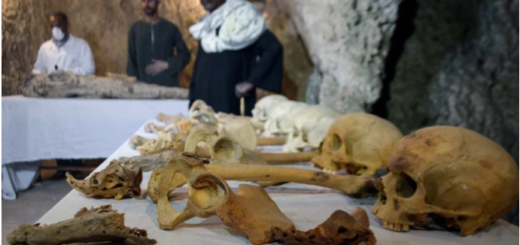

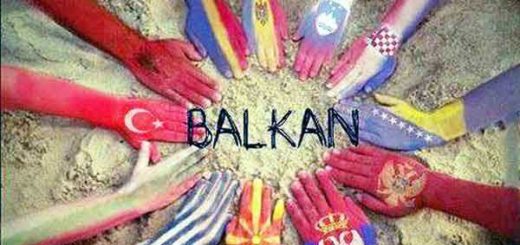
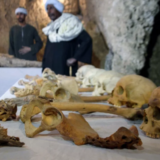

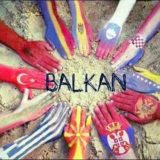



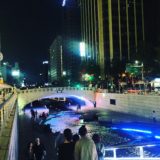



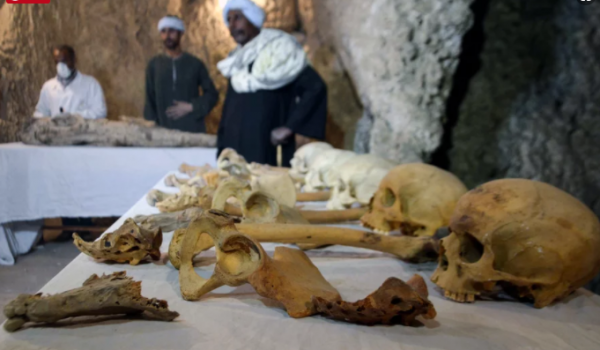

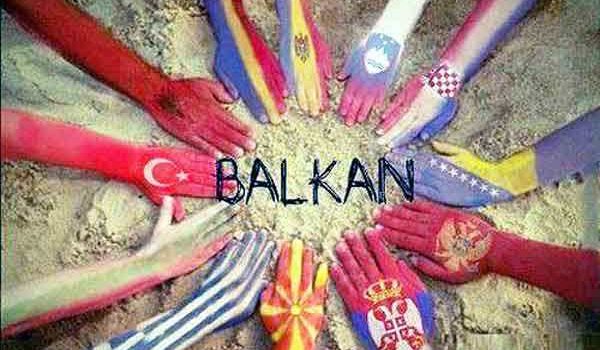
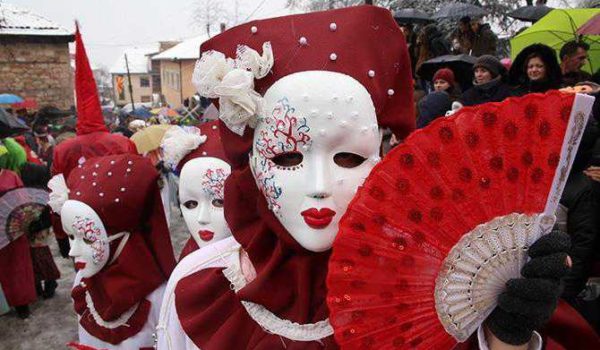
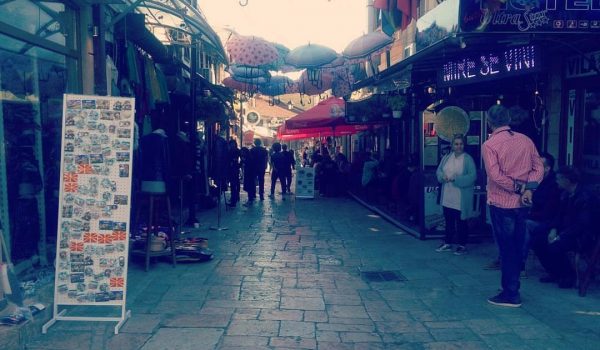
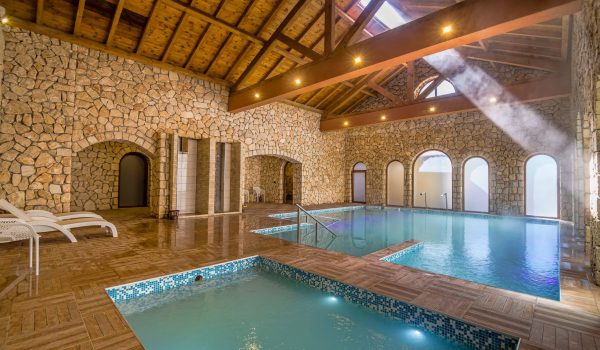
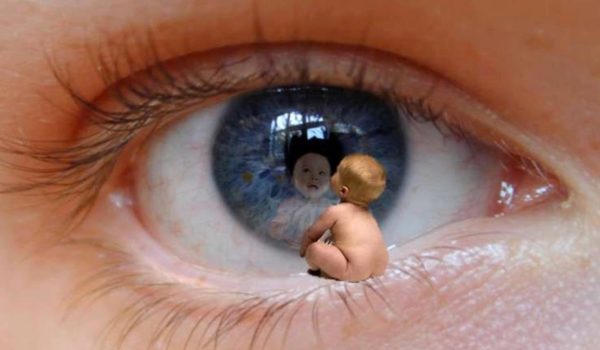

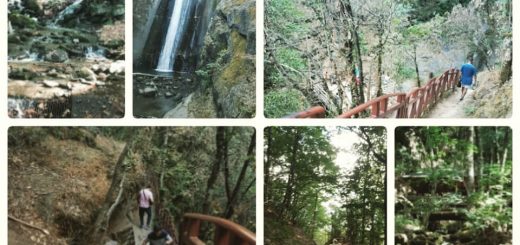

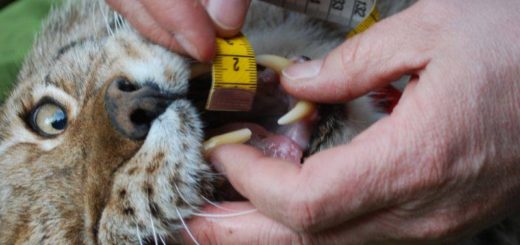


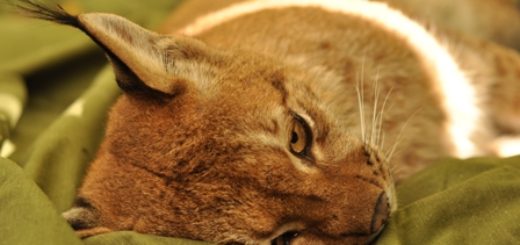
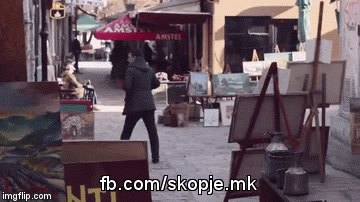


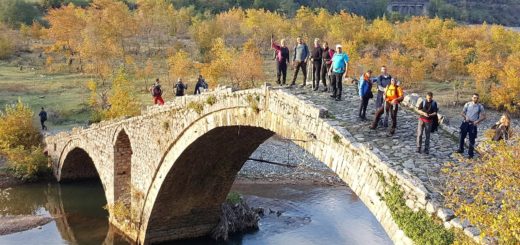
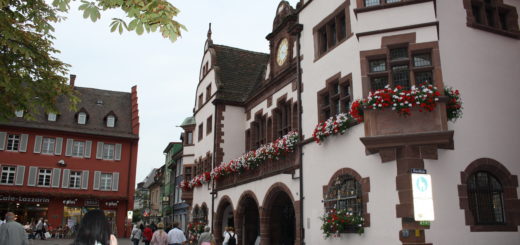
Hurray, this is just the right information that I needed. You make me want to learn more! Stop by my page 46N about Online Business.